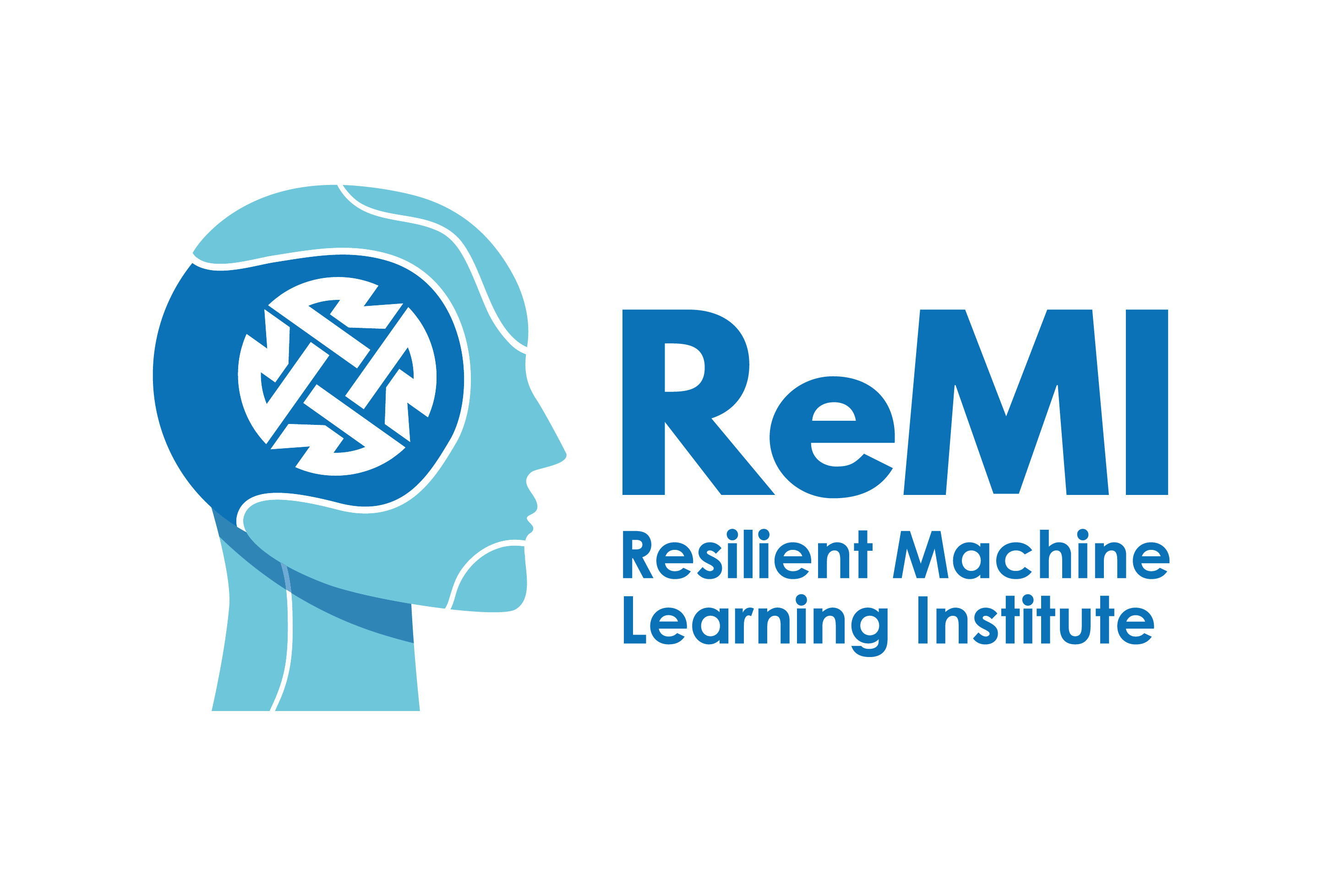The resiliency of our sophisticated communications networks, the stability of the increasingly smart infrastructure around us and our first responders’ ability to communicate in a crisis situation are issues we rarely think about. Our overall safety and the ability to easily connect with others are aspects of daily life we often take for granted.
Networks which we all depend on to communicate are not impervious to national disaster or security threats. When this infrastructure is compromised, the ability to rapidly reconstitute it often means the difference between life or death.
Military forces abroad increasingly rely on sensor data and persistent cloud access to maintain real-time situational awareness in order to quickly identify and leverage tactical advantages before opponents do. For emergency first responders, public safety personnel and national guard, the lack of a stable communications network is a reality they must face when disaster occurs. Not only must they deal with food and water shortages, health hazards and protecting people from harm’s way, but they must also deal with the reliability of a communications network which can rapidly degrade. Interoperability between government agencies is a persistent challenge that is exacerbated in times of disaster when every minute counts. Future smart grids, robotic systems and intelligent transport solutions will also rely on communications networks and the need for stable and reliable communications will increase as these systems are deployed.
When networks fail and communications slows to a crawl, so do the critical services that are required to keep people safe. Effective communications and rapid response capabilities are essentially inter-dependent.
Network resiliency using AI/ML technology. ReMI is making it happen.
With the growth of IoT, Big Data and user demand for bandwidth, smarter networks are essential. During a crisis, it’s even more vital that networks function flawlessly. ReMI is working with operators on the frontline to maximize network efficiency by allowing devices to be prioritized, managed and configured intelligently and with minimal user interaction. The technologies we are developing at ReMI go beyond standard autonomous network management techniques and provide users the ability to analyze key network data, predict potential failures and apply preventative corrections to guarantee the productivity of all network elements. The artificial intelligence and machine learning technologies we develop allow networks to self-configure, self-optimize and self-heal and are only the beginning of what the future holds for this field. ReMI is passionately committed to making these capabilities a reality.
When the unexpected strikes, persistent communications and network uptime is a must have. The ReMI project is making it happen.


